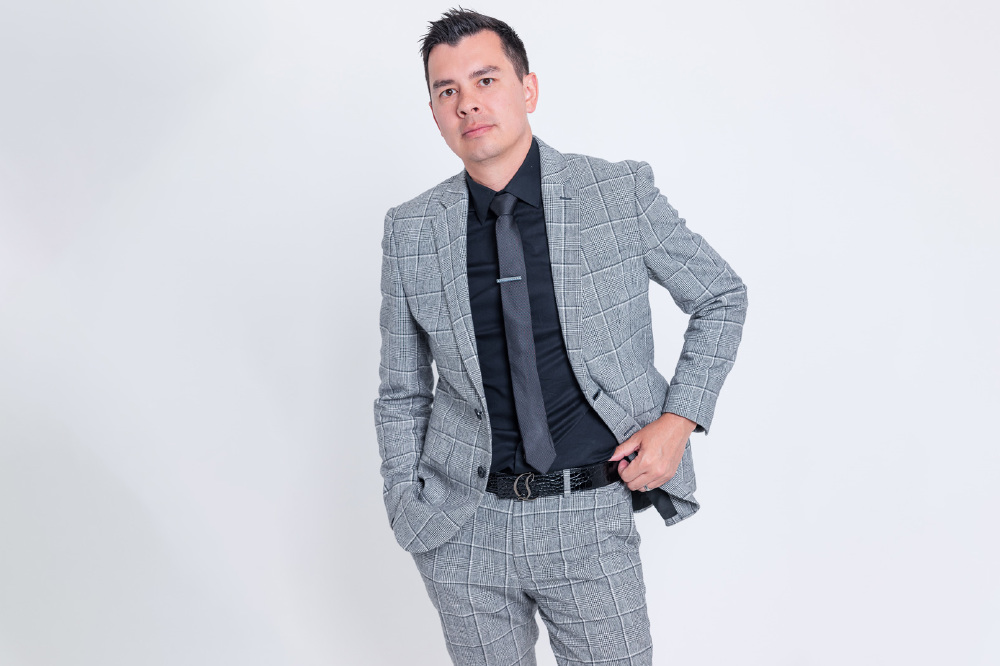When surgeons undergo surgery themselves, they are able to have a unique position as both a medical professional and a patient. This gives them a special perspective on the patient experience, which can positively impact the way they treat their own patients. This duality often fosters a deeper understanding of undergoing surgery's physical and emotional aspects.

Dr. Jerry Chidester
Research suggests that when healthcare providers experience the procedures they offer, their empathy and communication with patients improve significantly, enhancing overall patient care. A study published in The National Library of Medicine found that physicians who experienced certain medical treatments firsthand reported increased compassion and attentiveness toward their patients’ concerns.
Plastic surgeons, in particular, benefit greatly from stepping into their patients’ shoes, as elective surgeries often involve complex emotions related to body image and self-perception. This firsthand experience allows them to view their work through a lens that goes beyond technical expertise. While some surgeons opt for aesthetic procedures for personal reasons, the insights they gain often have a ripple effect.
Dr. Jerry Chidester, also known as Dr. Chiddy, recently joined the ranks of surgeons who have experienced life on the other side of the scalpel. The accomplished plastic surgeon underwent Hi-Def VASER liposuction, a body-contouring procedure designed to enhance muscle definition and eliminate stubborn fat deposits. His colleague, Dr. Garlick, an expert in male body contouring, performed his procedure. Reflecting on his journey, Dr. Chidester shared candidly about the process and its aftermath, and he offered a rare glimpse into the dual experience of being both a provider and a recipient of care.
Now 12 weeks post-op, Dr. Chidester expressed amazement at his results, describing how the swelling has continued to subside over time, enhancing the surgical outcome. In a post documenting his recovery, he wrote, “Despite all the amazing Italian food this past week, I had to take an updated photo yesterday in Venice before leaving — I’m still so shocked with my results, and they seem to get better and better as my swelling improves!” He also emphasized that the pain was manageable and that he didn’t require narcotics during his recovery, which he attributed to the minimally invasive nature of the procedure.
The experience, however, extended far beyond the physical results. Dr. Chidester described gaining a profound appreciation for the emotional complexities that accompany any surgical journey. For many patients, the decision to undergo plastic surgery is deeply personal and often fraught with anticipation, anxiety, and vulnerability. By facing these emotions himself, Dr. Chidester gained a firsthand understanding of the resilience required to navigate the pre-and post-operative stages, from wearing compression garments to adjusting to physical changes.
The procedure also provided new insights into the importance of mobility during recovery. Dr. Chidester noted how walking extensively during a trip to Italy helped significantly reduce his swelling. Sharing his observations with his followers, he remarked on the importance of movement in facilitating healing, an insight he now incorporates into his postoperative care instructions for patients.
Empathy, one of the cornerstones of Dr. Chidester’s practice, has deepened as a result of his experience. By enduring the temporary discomforts and restrictions that come with surgery, he has developed an even greater sensitivity to the challenges his patients face.
Tagged in Health

